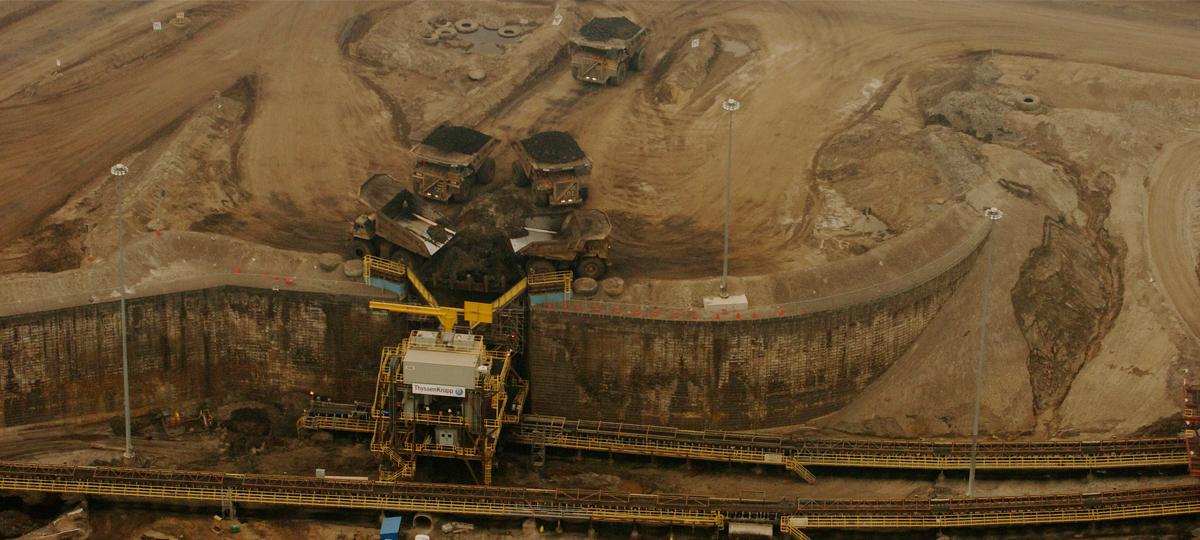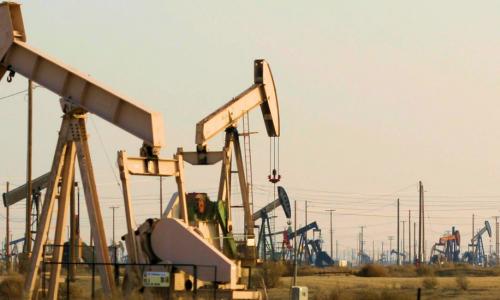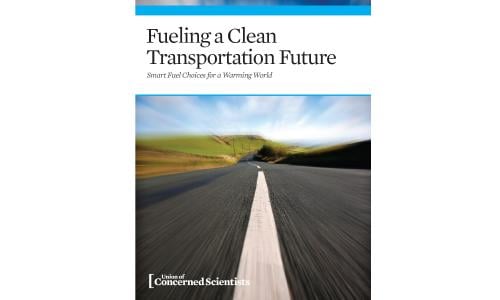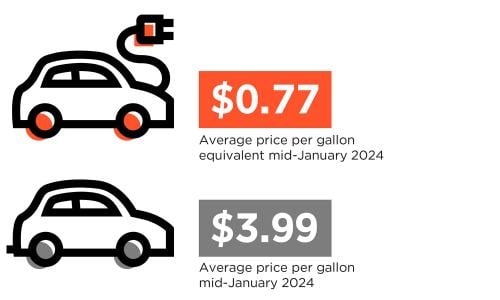Formed by heat and pressure over hundreds of thousands of years, oil is an energy-rich fossil fuel that impacts nearly every aspect of modern life. Crude oil can be refined into any number of plastics and petroleum products, or turned into liquid fuels like gasoline and diesel.
Extracting and refining oil requires substantial amounts of energy and can lead to profound land, air, and water impacts. When it's then used as a fuel and burnt, oil releases a number of airborne pollutants and toxins. These include smog-forming particles that cause asthma and other health problems, and carbon dioxide, a major heat-trapping gas. In the United States, oil used for transportation is directly responsible for around 30 percent of the nation's global warming pollution.
These and other impacts may worsen as easily-accessed sources of liquid oil dry up. So-called "new" sources of oil—such as tar sands and tight oil—come with new problems. Tar sands require significantly more energy to extract and refine, emitting up to three times more greenhouse gas emissions in the process. Tight oil production can involve extensive flaring, increasing its total pollution. These additional emissions mean that the dirtiest sources of oil can add as much as an extra ton of pollution per year for the average car.
Despite their impacts, unconventional oils account for a rapidly increasingly percentage of oil production. In the United States, tight oil alone increased from 23 percent of domestic production in 2011 to 45 percent in 2013.
But the status quo isn’t guaranteed. Widespread use of cleaner fuels like electricity and biofuels could save around three million barrels of oil per day by 2035: fuel efficiency could save over 5 million. Progress is already being made, with more electric vehicles hitting the roads than ever before, new biofuels facilities opening every year, and historic fuel efficiency standards coming into effect. And while drivers and policy makers support this transition to a cleaner transportation system, oil companies can take steps to ensure that the oil we do use doesn't get dirtier.

Conventional vs unconventional oil
While sources of oil have always varied, most crude oil currently comes from underground reservoirs. Liquid at room temperature and easily drilled, this "conventional oil" helped contribute to a century of cheap and easy production.
But supplies of conventional oil are not keeping pace with expanding demand. As long-term prices rise, the economics of unconventional oil—long regarded as too difficult and expensive—are changing. These oils take different forms, require different methods of extraction and processing, and tend to have more severe environmental impacts.
Tight oil, or "shale oil," is extracted from shale deposits using hydraulic fracturing, or "fracking." The process produces both liquid fuels and natural gas, which is sometimes burned off or “flared,” increasing tight oil's total global warming pollution. Learn more about tight oil.
Tar sands, or "oil sands," are an unconventional, molasses-like oil found predominantly in Canada. Associated with the Keystone Pipeline System, tar sands are extremely energy-intensive to extract and carry substantial ecological impacts. Learn more about tar sands.
Oil shale is a rock-like unconventional oil that requires mining and very high heat to become oil. Its high cost means that oil shale isn't presently a commercially viable product. Learn more about oil shale.

Impacts of oil
Turning oil into fuel is a complex process, with environmental and human impacts at every stage.
Oil is extracted by drilling, fracking, or mining. Drilling can lead to costly oil spills and life-threatening accidents, as evidenced by the 2010 Deepwater Horizon disaster. Certain drilling, fracking, and mining operations involve the venting and burning of methane or natural gas, leading to increased global warming emissions. And water used in tar sands mining has created large toxic storage ponds, including nearly 70 square miles of tailing ponds in Alberta Canada alone.
Once extracted, crude oil is transported via pipelines, barges, tankers, trains, and trucks to processing facilities where it's refined into usable products. Oil spills during transportation are increasingly common and difficult to clean up, while refining the oil can be very energy intensive, particularly for unconventional oils.
When used, one gallon of gasoline emits about 19 pounds of global warming gases, compared to roughly five to fifteen pounds produced during extraction, production, and delivery. Air pollution from gasoline and diesel is also associated with cancer, asthma, bronchitis, and other health impacts.
At a national level, oil is linked to profound national security issues, and costs drivers billions of dollars at the pump every year.
Halving U.S. oil use would help mitigate these impacts. Oil companies can also help: many emissions from oil operations can be prevented or minimized, while the dirtiest sources of oil can be avoided altogether.





